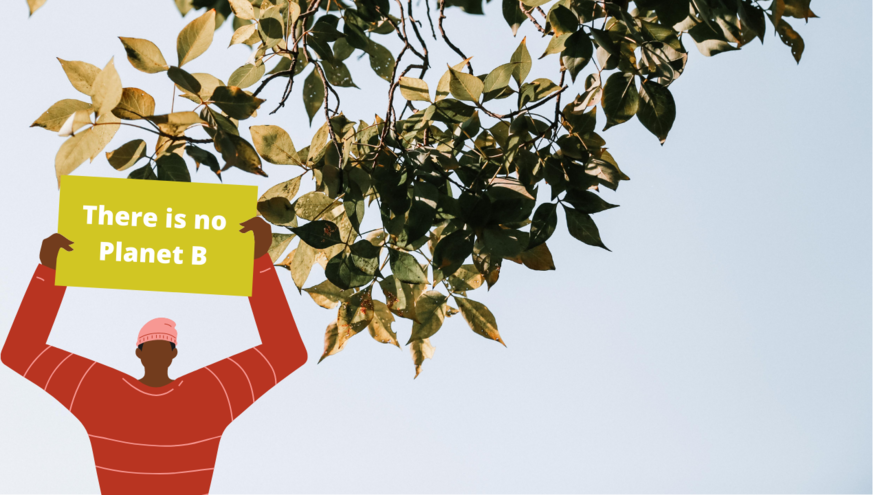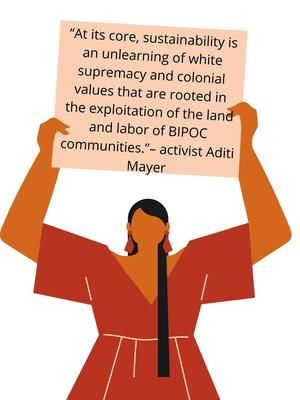
"Reduce, Reuse, Recycle" is just the beginning.
Green. Compost. Solar panels. “Save the Bees.” Sustainability encompasses a wide spectrum of topics and issues, and it can be overwhelming to start with the movement. However, the true definition of sustainability is simple. Sustainability is “development that meets present needs without compromising the ability of future generations to meet their needs.” What that boils down to is responsibility. We must take individual and collective responsibility for our actions and hold our society accountable to ensure that present and future generations will always have enough.
One of the backbones of sustainability is the Sustainable Development Goals (SDGs). These goals were created at the United Nations Conference on Sustainable Development in 2012 and replaced the Millennium Development Goals (MDGs). The MDGs were an important starting point that “established measurable, universally-agreed objectives for tackling extreme poverty and hunger, preventing deadly diseases, and expanding primary education to all children." The MDGs had numerous successes that included lowering child mortality rates, providing better access to potable water and sanitation services, and combating treatable diseases like HIV/AIDS and malaria.
The 17 Sustainable Development Goals are interconnected objectives that rely on each other. These goals “involve all of us to build a more sustainable, safer, more prosperous planet for humanity,” and include goals such as Goal 16: “Promote peaceful and inclusive societies for sustainable development, provide access to justice for all and build effective, accountable and inclusive institutions at all levels."
All of the SDGs relate to and support the fight against climate change. Developing countries and lower-income communities already suffer disproportionately from climate-change-caused incidents like severe flooding, smog, and rising sea levels. These communities are at a disadvantage because of the strain on their economic, social, and environmental systems. The “Climate Crisis” is one of the most prevalent themes in sustainability.

One area of sustainability that doesn’t get spoken about enough though, is privilege. The sustainability movement has a history of being dominated by white, able-bodied, straight, middle-class voices. Only a narrow field of perspectives has been accepted, which affects how all of us think about and act in regards to sustainability. Among other privileges, two that affect a lot of college students are having the mental space and financial means to contribute to sustainability. Sustainable product alternatives are usually more expensive and it can be mentally draining to continue learning and speaking about environmental issues while struggling with one’s own. For the sustainability movement to succeed, it needs to become more supportive and inclusive. Sustainability won’t work if only a select few are being represented and heard. Together, we need to do more to ensure that sustainability includes all of us.